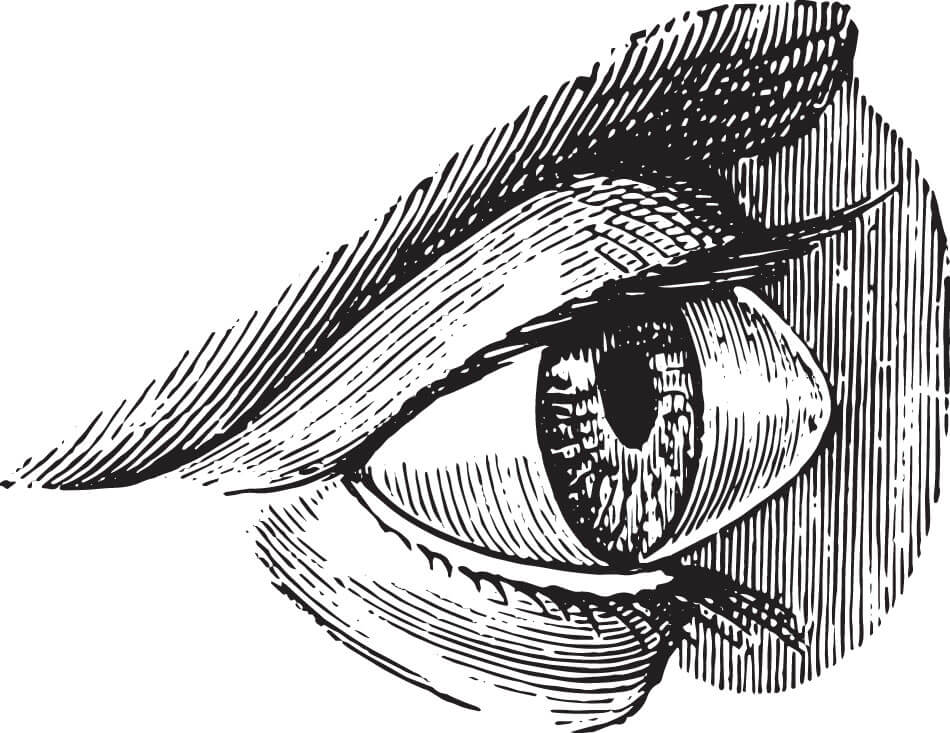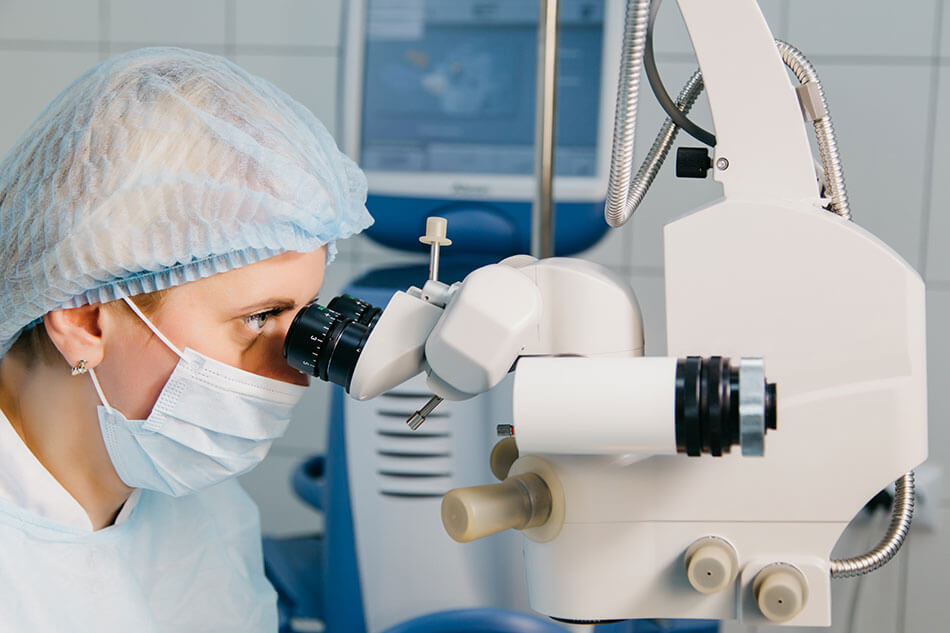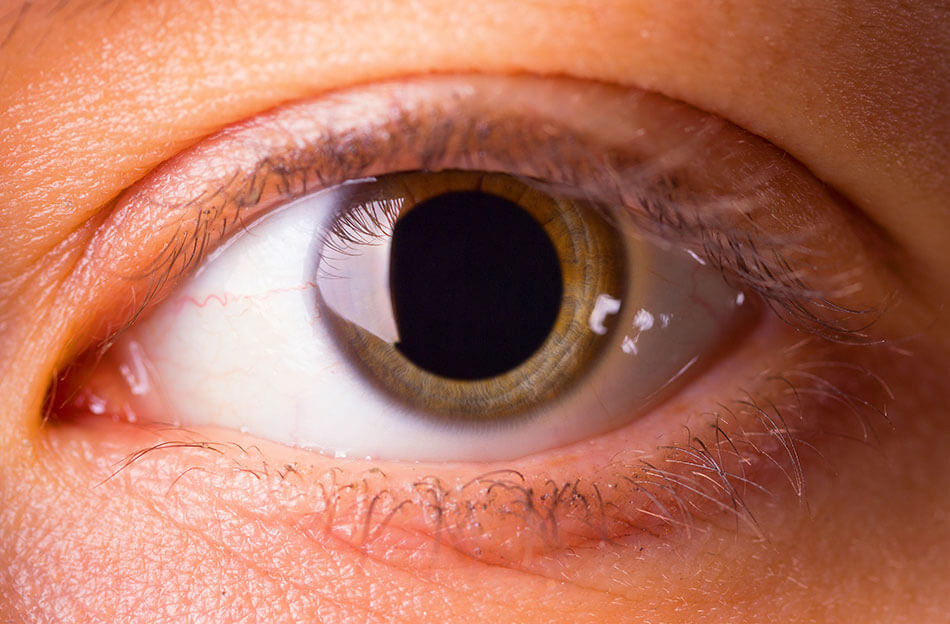7 Reasons Why You Might Need Specialty Contact Lenses

Contact lenses help millions of Americans see clearly in everyday life. It’s obvious that many have switched from glasses to contacts for the convenience and comfort. But what if you have a condition that prevents you from wearing off-the-shelf contact lenses?
If you have astigmatism or other disorders that affect your eyes, you’ll be glad to know that specialty contact lenses are a viable alternative. Not only can you wear them with little or no problems, but in some cases, they can also help treat your disorders as well.
Specialty contact lenses cannot be bought right off the shelf. They’re custom fitted to your eyes to ensure the best vision and comfort possible.
If you struggle with standard contacts and have a corneal irregularity, let’s find out if specialty contacts are for you.
1. You Have Keratoconus

Keratoconus is a progressive eye condition where the cornea thins and begins to bulge into a cone shape. This irregular shape makes it difficult for standard contact lenses to fit properly, often leading to blurred or distorted vision.
In mild cases, eyeglasses or soft lenses may still work. But as keratoconus advances, specialty contact lenses such as scleral lenses become the best option. These larger lenses rest on the white part of the eye rather than the cornea, creating a smooth surface for light to enter.
The result is sharper, more comfortable vision and added protection for the sensitive cornea. Many patients also experience relief from irritation and improved overall eye health with specialty lenses.
2. You Have Astigmatism
When the front surface of the eye becomes irregularly shaped, this is called astigmatism. To correct it, you’ll want to try toric lenses.
Traditional spherical lenses have the same power in all meridians. But, toric lenses have different powers in different meridians.
This means that spherical lenses rotate when you blink, while toric lenses stay in one position. This type of lens is usually weighted at the bottom so it will only move vertically when you blink.
Because every eye with astigmatism is different, it may take you a few tries before you find the perfect brand for acuity and comfort. Fitting these lenses takes an expertise beyond the standard lens exam and fitting. For this reason, appointments for toric lenses can cost more than the average lens fitting.
3. You Suffer From Dry Eyes
Dry eyes can make wearing contact lenses uncomfortable or even impossible. Fortunately, several specialty options can help:
- Gas permeable lenses: allow more oxygen to reach the eyes and help tears circulate under the lens, reducing dryness.
- Scleral lenses: custom-fitted and larger in size, they create a fluid-filled cushion over the cornea that provides lasting moisture and relief, especially for severe dryness
- Moisture-rich disposables: for mild to moderate dryness, daily lenses like 1-Day Acuvue Moist with LACREON hydration technology keep eyes hydrated throughout the day.
With the right specialty lenses, many people with dry eyes are able to enjoy the comfort and convenience of contacts again.
4. You Get Giant Papillary Conjunctivitis (GPC)
Giant Papillary Conjunctivitis (GPC) is an inflammatory eye condition caused by protein deposits on contact lenses. Over time, these deposits can irritate the inside of the eyelids, leading to excess mucus, discomfort, and lenses that shift or stick to the eyes.
Specialty contact lenses can reduce these issues:
- Daily disposable lenses: Since they are replaced every day, they do not have time to accumulate significant protein buildup.
- Gas permeable lenses: Made from a firmer material, they resist protein deposits more effectively than soft lenses.
Both options can help keep your eyes more comfortable and reduce irritation if you are prone to GPC.
5. You Have Issues After Refractive Surgery

Sometimes, LASIK surgery does not completely fix all of your vision problems. When this happens, you will want to wear contact lenses for that final sharpening of vision.
Astigmatism
If you have an extreme case of astigmatism, LASIK may not get rid of it 100%. In this case, you can wear corrective lenses to correct minor astigmatism.
Monovision
You may need to wear one contact if you choose to get monovision correction. This procedure treats one eye for distance and makes the other nearsighted, which reduces your need for reading glasses.
When you do something requiring distance sight, it can help to wear a contact in the nearsighted eye. This will let you see things like sporting events or drive at night.
Higher-Order Aberrations
This type of cornea distortion is more complicated than being near or farsighted. The distortion occurs when wavefront light passes through your eye. It can happen from scarring of the cornea after LASIK, or from other trauma or disease, such as cataracts.
Because most contacts and glasses cannot fix this problem, gas permeable and hybrid contact lenses are your best choices.
Excessive Glare
Many people experience excessive glare and halos after LASIK surgery. If you’re one of these people, try gas permeable or hybrid lenses. Both of these will focus the light sharply on the retina and reduce glare.
6. You’ve Developed Presbyopia

With age, we lose the ability to focus on objects near to us. It is usually a condition that becomes noticeable after age 40 and requires reading glasses to fix. However, you do have other options, such as specialty contact lenses.
Bifocal and Monofocal Lenses
If you have presbyopia, you should try a bifocal or monofocal lens. They allow for correction of vision both near and far.
Monovision Lenses
With mono lenses, you wear one prescription in one eye, and another in the other. Your brain then learns to favor each eye for a particular type of sight.
For example, your left eye will get used more heavily for distance sight, while your right eye will do the bulk of the work for near sight.
7. You Have Unusually Small or Large Eyes

When you have unusually small or large eyes, it can be hard to fit regular contact lenses into them. Here are some alternatives you can look at when considering contacts.
Large Pupil Contacts
Custom toric lenses work best for large pupils. These lenses provide a wider peripheral zone and near center correction. This way, the correction covers the entire width of the pupil. Standard off-the-shelf contacts are not this wide.
Small Eye Contacts
Are your eyes small and do you have trouble with normal contacts? Try rigid gas permeable lenses. These lenses are smaller, which means you’ll have an easier time putting them in.
Give Specialty Contact Lenses a Try
If your eyes have an irregular shape and you’ve struggled with standard contacts, stop struggling. Specialty contact lenses may be an excellent alternative for you.
With the benefit of both visual acuity and treatment for certain eye disorders, specialty contacts can raise your quality of life. Give your eye doctor a call to schedule an appointment if you want to discuss getting specialty contact lenses.
FAQs: Specialty Contact Lenses
What Are Specialty Contact Lenses?
Specialty contact lenses are custom-fitted lenses designed for people with conditions like astigmatism, keratoconus, or dry eyes. They provide better vision and comfort than standard lenses.
Who Needs Specialty Contact Lenses?
People with corneal irregularities, presbyopia, keratoconus, post-surgery complications, or unusually shaped eyes often benefit from specialty lenses.
Are Specialty Contact Lenses More Expensive?
Yes, because they are custom made, specialty lenses usually cost more than standard contacts. However, they also provide greater comfort and vision correction.
Can Specialty Contact Lenses Treat Eye Conditions?
Some specialty lenses, such as scleral lenses, can both correct vision and help manage conditions like dry eyes or keratoconus by protecting the cornea.
How Do I Know If I Need Specialty Contact Lenses?
If standard contacts feel uncomfortable, do not fit well, or fail to correct your vision, consult your eye doctor about specialty options.
